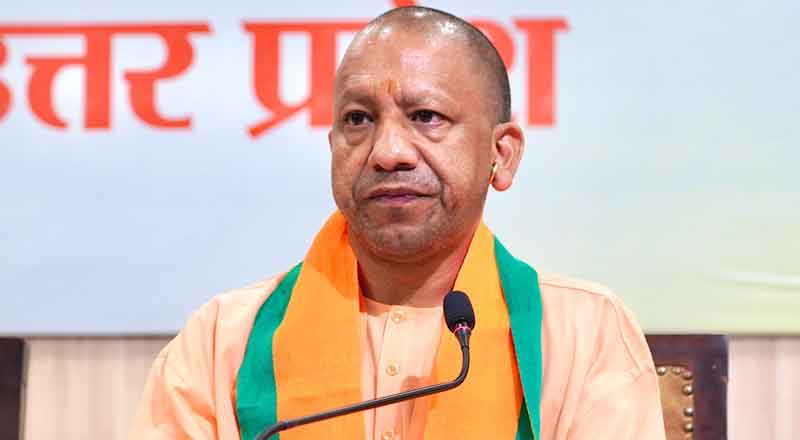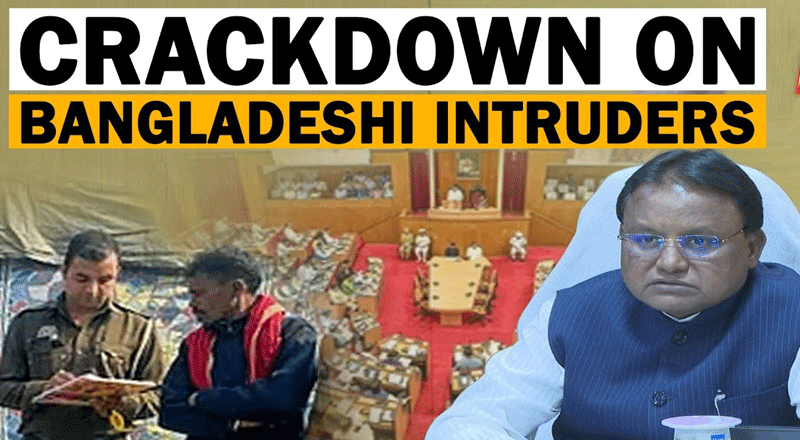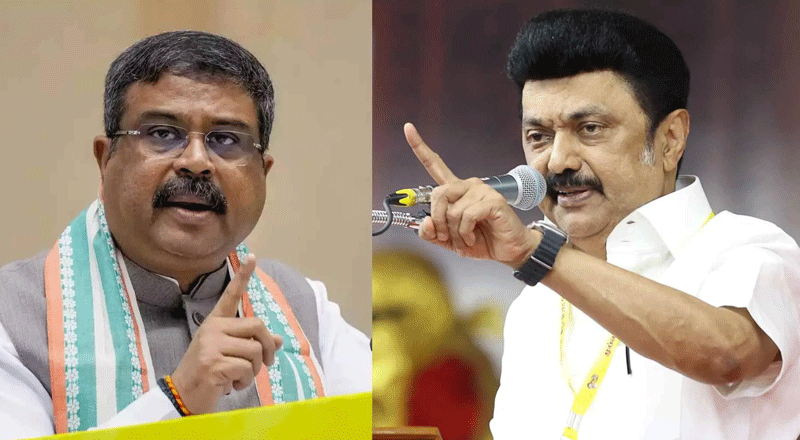The upcoming bypolls in Uttar Pradesh hold significant importance for both the ruling Bharatiya Janata Party (BJP) and the opposition parties, especially in the context of the state’s evolving political landscape. A key meeting involving Uttar Pradesh Chief Minister Yogi Adityanath and senior BJP leaders with the central leadership in Delhi took place on October 13, where strategies for the by-elections were discussed. This meeting, attended by leaders like Union Home Minister Amit Shah and BJP chief JP Nadda, emphasized seat-sharing decisions and alliance formations with the Rashtriya Lok Dal (RLD) and Nishad Party.
The bypolls are for 10 vacant Assembly seats: Phulpur, Khair, Ghaziabad, Majhwan, Mirapur, Milkypur, Karhal, Katehari, Kundarki, and Sisamau. BJP’s central leadership is set to finalize whether one seat each will be allocated to the RLD (Mirapur) and Nishad Party (Majhwan), to maintain and strengthen its alliances ahead of these crucial elections.
The BJP is keen on regaining its electoral momentum in Uttar Pradesh after underperforming in the 2024 Lok Sabha elections, where it won 33 seats compared to 62 in 2019. In contrast, the Samajwadi Party (SP), led by Akhilesh Yadav, gained 37 seats, and the Congress, contesting as part of the INDIA alliance, secured six seats. With the SP already declaring candidates for six of the ten seats, it has further signaled a strategic fight alongside Congress, making these bypolls a key battleground.
BJP’s strategy, as discussed in the meeting, involves strengthening its ground-level outreach, focusing on booth-level management, and deploying migrant workers on all seats. The party aims to mobilize maximum voter turnout in favor of its candidates. This election could be a barometer of BJP’s grassroots strength and its ability to overcome challenges posed by the opposition in Uttar Pradesh.





